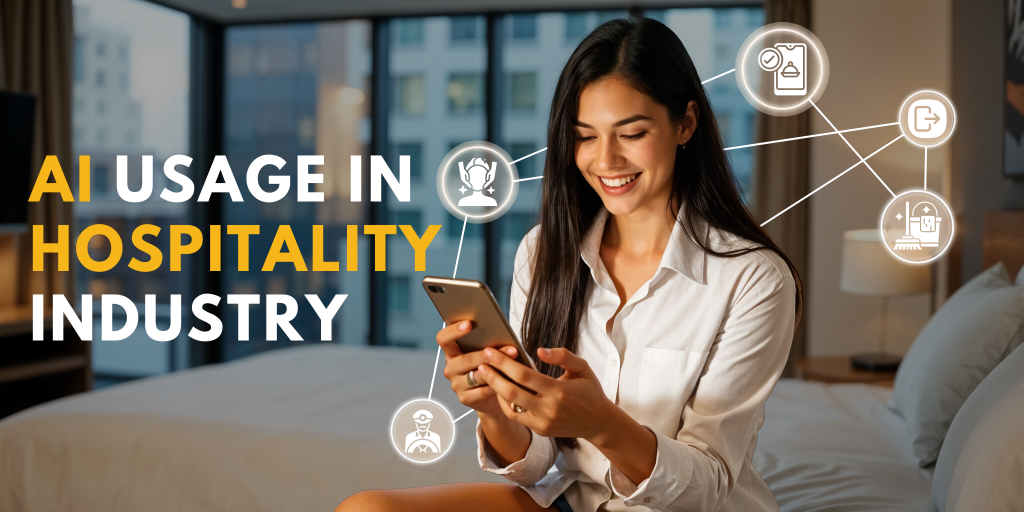
Artificial intelligence has revolutionized many industries, including hospitality. From streamlining operations to improving guest experiences, artificial intelligence is changing the way hotels and restaurants are managed. Here, we will look at the impact of artificial intelligence that has shaped the hospitality industry recently and how it will shape the future of service delivery.
Personalized Guest Experience
AI enables hotels and resorts to provide highly personalized services specifically for individual guest preferences. Artificial intelligence-powered systems can recommend personalized services, room upgrades, or activities based on data from previous stays, social media activity, and booking histories.
Chatbots, for example, can interact with guests prior to their arrival and provide personalized recommendations for meals, local attractions, and services depending on their interests. This results in a personalized experience from the minute the booking is made, increasing guest satisfaction.
AI-Powered Chatbots and Virtual Assistants
Many guests now interact with AI-powered chatbots and virtual assistants as their initial point of contact. These systems offer 24-hour customer care, answering questions, processing bookings, and addressing complaints in real time. This increases efficiency since human workers may focus on more difficult jobs.

Advanced Pricing and Revenue Management
AI has transformed revenue management in the hotel business. Machine learning algorithms use huge amounts of data to recommend the best room prices, including historical booking trends, market conditions, rival pricing, and consumer behavior. This enables hotels to use dynamic pricing techniques to optimize income.
These refined systems can forecast demand, ensuring that pricing is competitive while being profitable. Large hotel chains employ AI-powered pricing solutions to dynamically modify rates in real time based on current supply and demand trends.
Guest Feedback Sentiment Analysis
Systematically analyze all guest feedback using sentiment analysis to categorize and provide a clear report to the hotel, highlighting positive, negative, and neutral sentiments for actionable insights.
Predictive Analytics of Customer Preferences
AI’s ability to process vast amounts of data makes it crucial in predictive analytics. Hotels can use booking patterns, feedback, and social media data to forecast trends and guest behavior. This knowledge enables hotels to anticipate guests’ demands and tailor their offerings accordingly.

Conclusion
Artificial Intelligence is transforming the hospitality sector through enhanced guest experiences, streamlined processes, and increased profits. AI offers countless opportunities to improve operational efficiency and guest experience, whether it be through personalized services, smart room technology, or predictive maintenance. The future of hospitality will surely be shaped by AI advancements as technology develops further, making it a vital tool for lodging facilities and other service providers trying to maintain their competitive edge.
By utilizing AI, the hospitality sector can provide smooth, customized, and effective services that will leave a lasting impression on visitors and promote long-term success.
